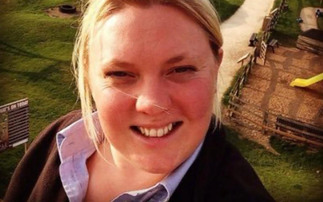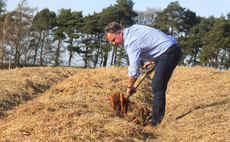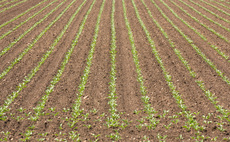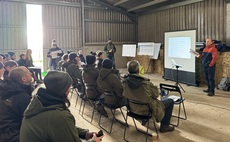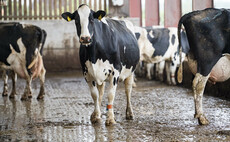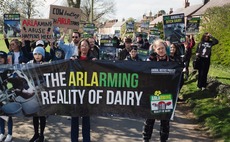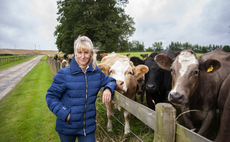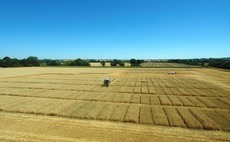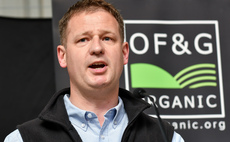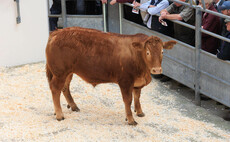
NFU said NatWest's banking app has suggested customers cut red meat out of their diet and drink plant-based milks as a measure to ‘reduce their greenhouse gas emissions’
The NFU has urged NatWest to maintain a ‘balanced message' when making any recommendations to cut customer's carbon footprint.
NatWest's banking app - which provides users with a personalised carbon footprint score each month - has suggested customers cut red meat out of their diet and drink plant-based milks as a means to ‘reducing their greenhouse gas emissions'.
Farm's goal is carbon neutrality
NFU deputy president Tom Bradshaw said the bank had 'oversimplified' messaging on the issue and instead, had highlighted the damage it could do to the British red meat and dairy sectors.
However, Mr Bradshaw said he was 'encouraged' NatWest had committed to a full content review of the app's carbon tracker across the dietary recommendations following a meeting with the NFU.
Concern of heavy emphasis around calculating carbon
Mr Bradshaw said: "It is positive to see NatWest's willingness to learn, and we are committed to continuing to work with the banking sector to ensure they fully understand and work alongside the agriculture sector when it comes to reducing emissions and supporting resilient, sustainable businesses.
"British meat and dairy are among the most sustainable in the world, with UK beef emissions less than half the global average.
New guidance marks step towards soil carbon standardisation
"Red meat and dairy are also recognised as an essential part of a healthy diet, being naturally rich sources of protein and calcium and providing essential nutrients like iron, zinc and vitamin B12."
�������� matched to sell carbon to buyers
NatWest said the app had been designed to provide its customers with information to help them ‘save money while reducing their carbon footprint'.
"Customers tell us they want to take action to live more sustainably, and to save money at the same time on things like energy bills, but they do not always know where to begin," a spokesperson for NatWest added.
"The carbon footprint tracker is an opt-in feature in our app which helps customers to see the carbon impact of their spending, at an aggregated level, and provides tips and suggestions to reduce this and to help them to save money too."
Improvements to flock productivity help sheep farm with carbon efficiency








